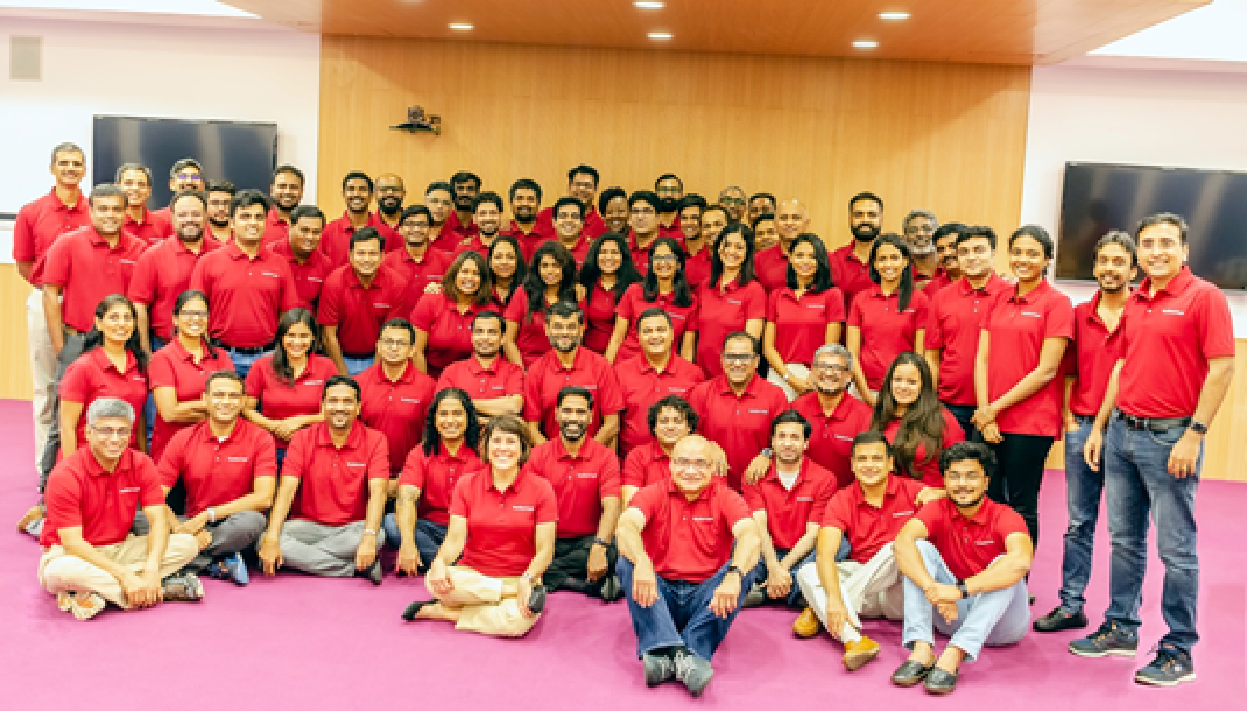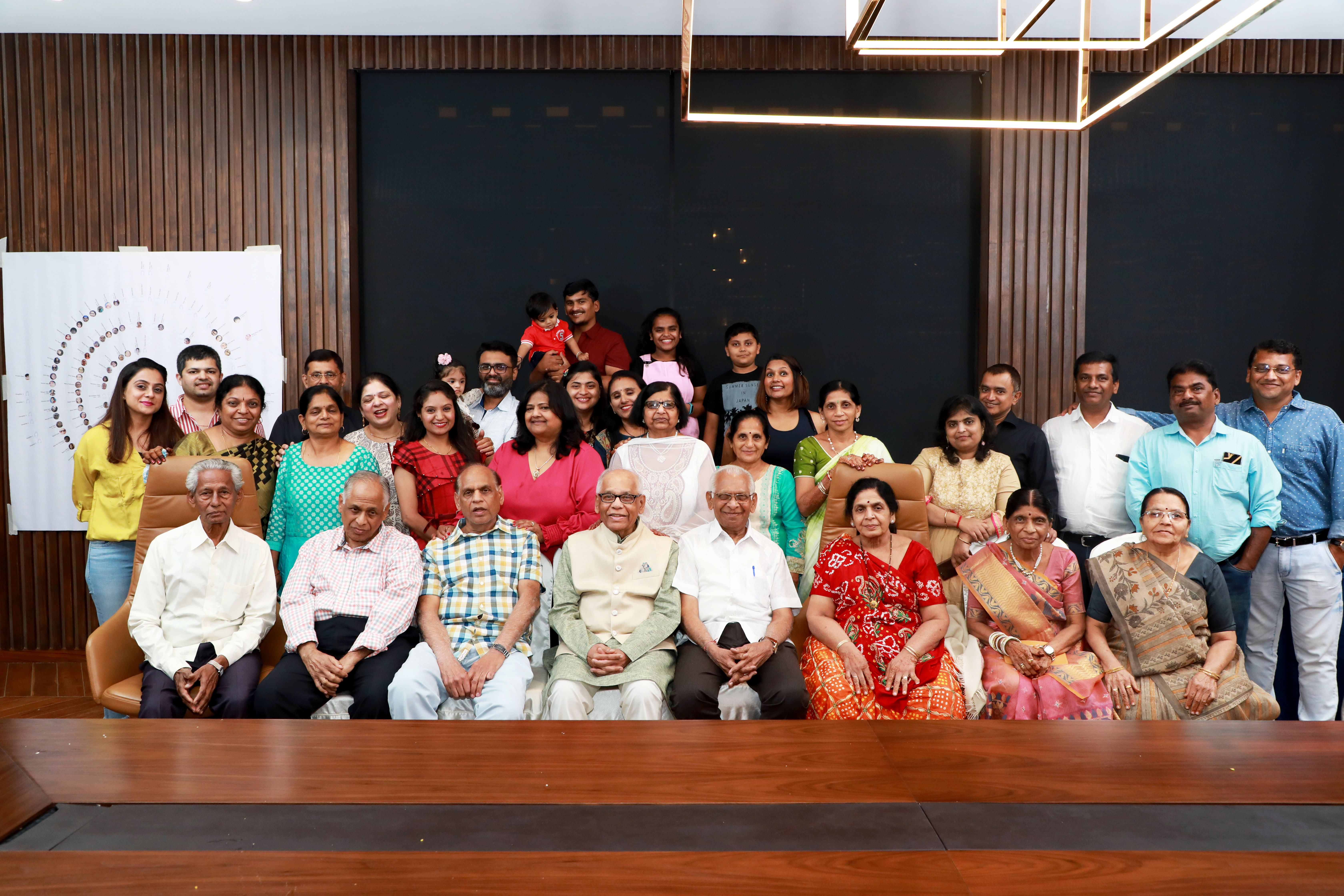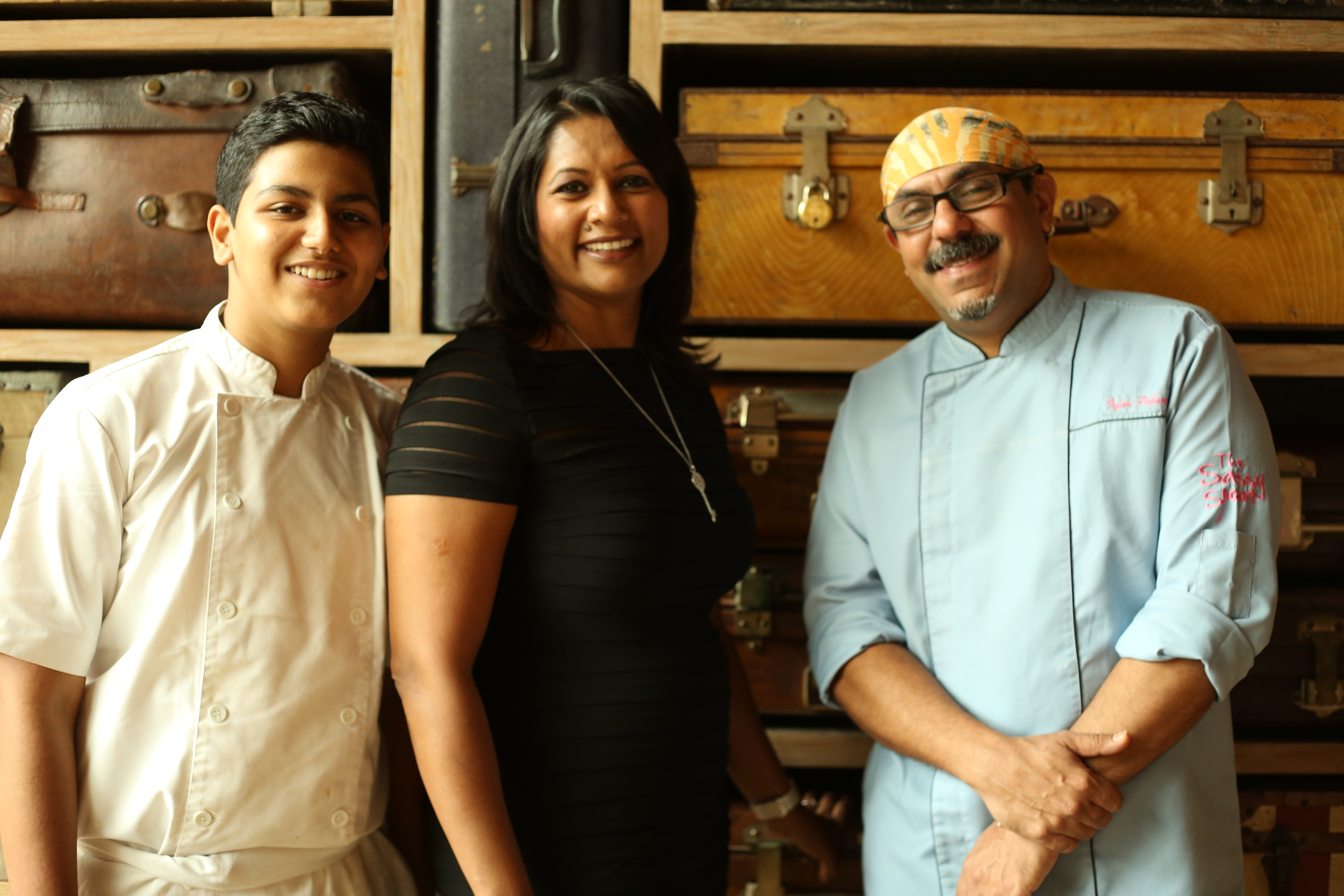NETWORKING PART I: Overview
A running joke amongst my teams, mentees, and employees is that I know “everyone”. While that isn’t actually true, I do know many people. Part of this can be chalked up to age – I’ve had many years to meet lots of and lots of people. But much of my connecting know-how stems from a keen appreciation of networks and the nuances of networking.
In the first of this multi-part series, I will break down the concept of networking and its value. By sharing personal examples and easy-to-action tips, I hope that you are able to leverage the unique eco-systems of which you are a part. In subsequent pieces, I will dive deeper into ground rules, expectation management, and giving as much as receiving.

What is networking?
Simply put, business or personal networking is the process of interacting with others to exchange information and develop professional or social contacts. The people with whom you network can be from school, college, work, building society, family friends, gym – really any place where you regularly meet and speak with others. While these people aren’t necessarily related to you (but can be), you likely share a common interest or experience through which you can ‘relate’ to each other.
A new network took root in my own life 18 months ago, when sixty other entrepreneurs and I embarked on a yearlong leadership development program – the Stanford Seed Transformation Program. Through classroom training, weekend leadership retreats, an active WhatsApp chat, this group of passionate, driven, and purposeful leaders have forged a bond that is remarkable. Whenever I need advice, want to vent, or want to get some feedback, I know that this network is there for me.

Stanford Seed Transformation Program India Cohort 2 from 2018-2019
Types of networks
A network can be discrete – that is, independent from others, or intersecting – overlapping with others in non-structured ways. For example, if you attended school in Dubai, finished college in Hong Kong, and work in Mumbai, it is likely that each of these networks is discrete, with few overlapping members. On the other hand, if you have lived in the same building your whole life, it is likely that members of your building network may overlap with your school network.
Back then….
Fifty years ago, the concept of networking was different, especially in India. You lived in one place, usually in the same home as your large extended family and having members of your community, religious group, or ethnicity in close proximity. You then attended college, usually somewhere nearby and then joined the family business, and voila, the circles of influence in your life were pretty much defined. If you needed help on an issue, you managed via family or other members of your community. And often, since your work was aligned to your community, it was even more likely that wider connections were not essential for sustained success.

About 1/3 of my big fat Guju family...these are my people.
…and now
Fast forward a few decades: large, joint families are quickly becoming relics, making community support less accessible; people study globally, often gaining multiple degrees and not always in succession; the average person now has six to eight jobs over a lifetime, frequently in different fields. And with the advent of digital media, individuals can remain connected beyond the borders of a town and the boundaries of time. In this new world, networking is paramount for support, growth, and success.
The value of networking
The value of a network is both fairly nebulous and incredibly clear. On the surface it would seem that studying hard, performing well in school, and getting a good job would be enough to have a productive and meaningful life. And while that may be true for many or most people, those who aspire to new geographies or fields or those itching for “something new” will find it difficult to efficiently achieve their goals without tapping networks. Networks enable access to information, resources or leads to the most coveted, not-yet-public jobs or initiatives.

My nephew, me, and Chef Irfan Pabaney at my book launch in 2015
In this phase of my life, as I try to build my ed-tech platform Lore, networking has played a pivotal role. Most of the Learning Pathways that we offer on the site have been curated in collaboration with members of my network. Our courses on Account Management and Cyber Security have been sponsored by my Stanford classmates Hadi Curtay and Pankit Desai while Working For Cooking Professionals includes the expertise of award-winning chef Irfan Pabaney, the father of my daughter’s BFF, and Digital Marketing is the brainchild of Pritesh Patel, who worked for my husband over a decade ago, at both Yahoo and Komli Media. None of these courses would have been possible without a network that I valued and nurtured, over the years and across the oceans.

Many people dread the idea of networking, citing insecurity, inauthenticity, and general discomfort in interacting with others having an agenda in mind. The good news is that networking isn’t a “thing” that you do at a specific place or time. It is fluid and can be cultivated in all aspects of life. My husband is a chatty guy, so he meets new friends and makes connections at the gym and school bus stop when he drops our children off. I am a bit more on the straight and narrow, preferring a more formal approach leveraging tools such as LinkedIn profile. Whatever route you choose to build a network, make sure it suits your style and personality. Only then will it be valuable to you.